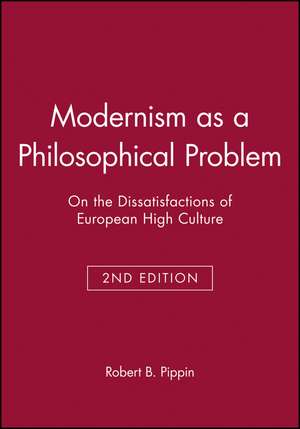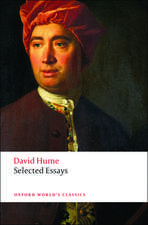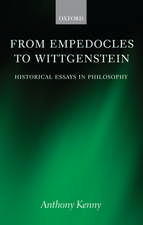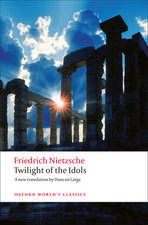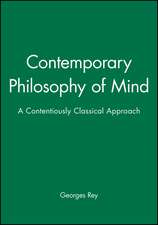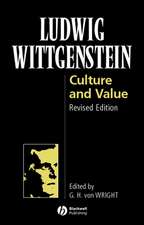Modernism as a Philosophical Problem – on the Dissatisfactions of European High Culture 2e
Autor R B Pippinen Limba Engleză Paperback – 22 aug 1999
Pippin defends an original re-narration of the development of modern philosophy, substantially different from that common in orthodox, postmodernist and critical theory discussions, and one much more sensitive to the radicality of the most complete expression and defense of a modernist self-understanding - the classical German Idealist tradition, especially the position defended by Hegel. This interpretation is the basis for the claim that no paradigm shift, ideology critique, or new way of thinking can dispense with or overcome such modernist aspirations. In fact, the author argues, one can still detect the persistence of such aspirations and commitments in some of the harshest modernity critics, in Nietzsche and in Heidegger especially.
This unique and engaging view of modernity is an essential read for students, academics, and researchers studying Modernism, 20th Century Philosophy, Social Theory, and Hegel and German Idealism.
Preț: 381.85 lei
Nou
73.07€ • 75.86$ • 60.93£
Carte tipărită la comandă
Livrare economică 24 martie-07 aprilie
Specificații
ISBN-10: 0631214143
Pagini: 256
Dimensiuni: 152 x 229 x 14 mm
Greutate: 0.36 kg
Ediția:2nd Edition
Editura: Wiley
Locul publicării:Chichester, United Kingdom
